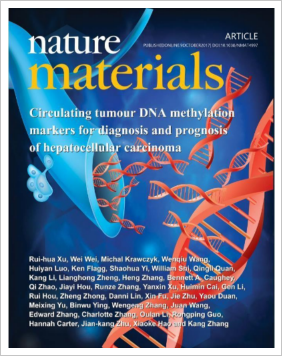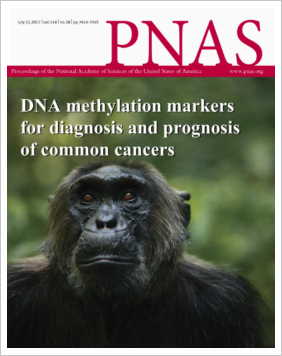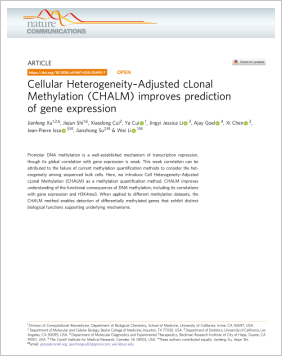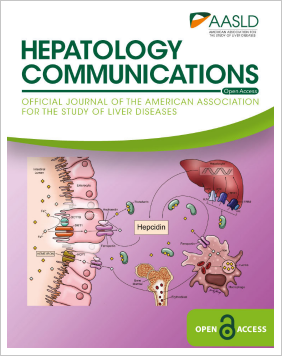LAMH is an Al-driven cancer screening and diagnostic innovation enter- prise, founded by international business leaders, top scientists and medical professionals, with the idea of "making cancer screening earlier, more accurate,more accessible and easierLAMH is the "Global first and only" early cancer screening and di- agnostic company that is fully established in China and the United States, the world's two largest economies, for technology de- velopment,manufacturing,NMPA/FDA approval and commercialization.On June 20.2023.Guangzhou Elitehealth Biotech Co.LTD.a GMP entity of LAMH, accomplished a remarkable milestone by obtaining the world's first (and currently the only)registration certificate for liver cancer early screening from the China National Medical Products Administration(NMPA).The Company successfully launched its liver cancer early screening products,甘倍康and HelioLiver in China and the U.S. respectivelyproviding accurate, accessible,and user-friendly screening and diagnostic solutions for liver cancer. This groundbreaking achievement has revolutionized the landscape of clinical screening, diagnosis, and monitoring of liver cancer, thereby establishing and enhancing the standards and protocols for cancer screening in both coun- tries. By adopting a value-based medicine approach, the company aims to address the challenges associated with early cancer screening,diagnosis, and treatment. effectively meeting the unmet clinical and health needs in both China and the United States.
The Chinese independent entity LAMH is headquartered in the Pazhou Central Business District, Guangzhou. It has a research and registration center in the Beijing Economic and Technological Development Zone, Southern and Northern medical testing labs (ICL) compliant with PCR and NGS standards in Guangzhou's Biotech Island and Beijing's Yizhuang respectively. A NMPA-assessed IVD GMP factory is located in Guangzhou's Science City. The American independent entity Helio Genomics is based in Irvine, California, with a certified CLIA and CAP central lab in Indiana.

Mission
Making cancer screening earlier,
more accurate, accessible and convenient.

Vision
A technology-driven global leader
in early cancer detection.

Values
Result-oriented, customer-centric,
and people-oriented.




























